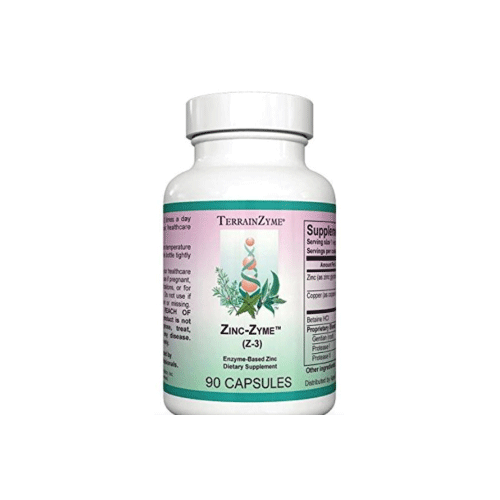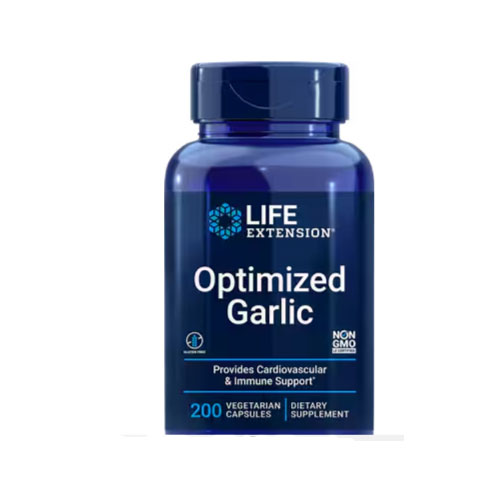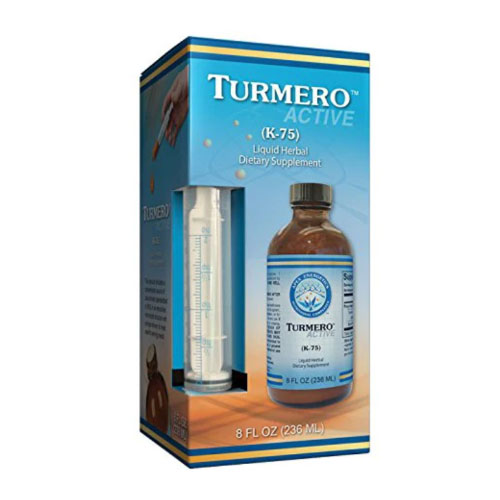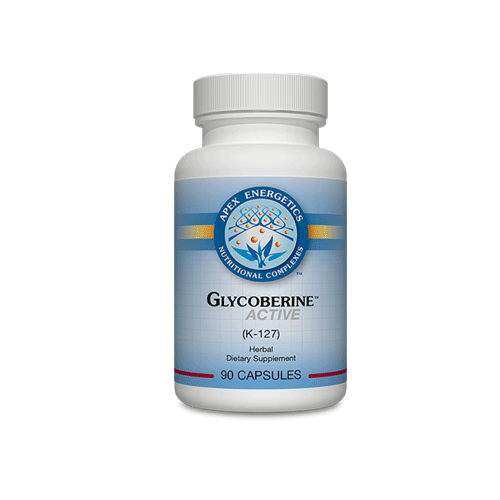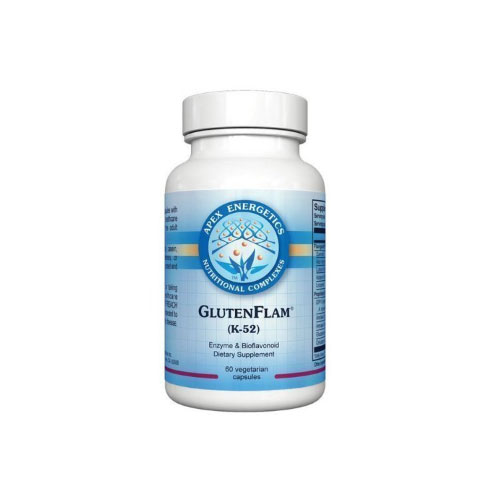
The Finale, Part 2
Last month we revisited the root causes of thyroid disease (1: “Leaky Gut ” Syndrome, 2: exposure to heavy metals and toxins, 3: latent infectious diseases, 4: adrenal insufficiency, 5: iodine deficiency and 6: nutrient deficiencies) and discussed the importance and functions of T3, Free T3, Reverse T3 and T4.
As we continue our wrap-up, we remind you that nearly 80% of circulating thyroid is T4. T4 naturally converts to T3 so why bother with a more complicated compound? The problem is that T4-only products, L-thyroxine, Synthroid, levothyroxine and Levoxyl to name a few, in many cases fail to convert their substrate to T3.
Failure to adequately convert T4 to T3 not only results in clinical hypothyroidism but adrenal fatigue or “burnout.” Low thyroid output creates a stressful internal environment requiring increasing levels of cortisol. Chronically high cortisol levels result in inflammation and accelerated cardiovascular heart disease.
Low T3, <3.1, is the strongest predictor of death in patients with heart disease. Low T3 is a more accurate barometer of cardiac death than either of the standard methods, cholesterol levels or cardiac ejection fraction. (4)
Other causes of T4 to T3 conversion failure include dieting, renal or hepatic disorders, cancer, trauma, insulin resistance, and growth hormone deficiency. Medications that interfere with conversion include glucocorticoids, amiodarone, beta-blockers, synthetic progesterone (Provera), selenium and zinc deficiencies.
Adding T3 to the regimen in a ratio of approximately 4 parts T4 to 1 part T3 is how nature produces thyroid. T3 is needed for fat loss, protects against arrhythmias, decreases with stress or dieting, and is the active hormone actually performing the work of the thyroid.
We prefer to treat our patients with desiccated thyroid, T3/T4 in the exact ratio as is found in nature. We then match the right dose of desiccated T3/T4 to bring our TSH into the “optimal” range of 0.8 to 2.0 mlU/L and the free T3 as close to 3.84.2 pg/ml as we can.
There is a strong connection between gluten sensitivity and intolerance and thyroid disease. (5) Gliadin, the protein portion of gluten is chemically similar to thyroid hormones. This protein, if it enters the bloodstream as it does in celiac disease, triggers an autoimmune response in the G.I. tract and in a case of mistaken identity, the thyroid. We recommend our thyroid patients try a gluten-free diet for at least 30 days.
Cruciferous vegetables, including broccoli, cabbage, Brussels sprouts, kale, and soy among others are goitrogens, that is they increase the need for iodine in small amounts. In large amounts, they can damage the thyroid. Steaming can reduce the danger by ½ and thoroughly cooking them and discarding the water in case of boiling decreases the harm by 90%.
Avoid very low carb or zero carb diets. They tend to inhibit the conversion of T4 into T3.
General food considerations include sea vegetables, kelp flakes, wakame, arame, and hijiki.
Fermentable fiber increases the production of gut bacteria that produce butyrate, an immune function stimulator. Fermentable fiber comes from sweet potatoes, yams, plantains, taro, potatoes, onions, Jerusalem artichokes, and garlic.
Nonpharmacologic remedies include, in addition to the above mentioned “clean diet,” an adequate supply of protein, zinc, selenium, iodine, Vitamin A, Vitamin D, and fish oil.
Ashwagandha and Guggulipids stimulate the production of T4 and T3. Forskolin, a weight reduction agent, increases thyroid hormone function. L-Tyrosine creates thyroid molecules. It is useful in depressive states and in chronic fatigue syndrome.
Click here to download our Infograph
I have thoroughly enjoyed pontificating on the mysteries and challenges of all things thyroid. Personally, I have learned a great deal more about the thyroid than I was ever taught in medical school. The outpouring of support and interest in this topic is a real eye-opener.
Call us at 775-359-1222 to get started on the road to thyroid health.
References
- General Information, Press Room, http://www.thyroid.org/mediamain/abouthypothyroidism/, Accessed July 5, 2015.
- Garber, J., Cobin, R., Gharib, H., et al., Clinical Practice Guidelines For Hypothyroidism In Adults, Endocr Prac. 2012; 18(No.6) 989.
- Garber, J., Cobin, R., Gharib, H., et al., Clinical Practice Guidelines For Hypothyroidism In Adults, Endocr
Prac. 2012; 18(No.6) 989. Hollowell JG et al. J Clin Endocrinol Metab 2002 87(2)489499
- Iervasi, G et al. LowT3Syndrome, A Strong Prognostic Predictor of Death in Patients With Heart Disease
Circulation. 2003;107:708
- Pekka C., Salmi, J., Hällström, O., et al. Autoimmune thyroid disorders and coeliac disease Eur J Endocrinol130 137140, doi: 10.1530/eje.0.1300137

